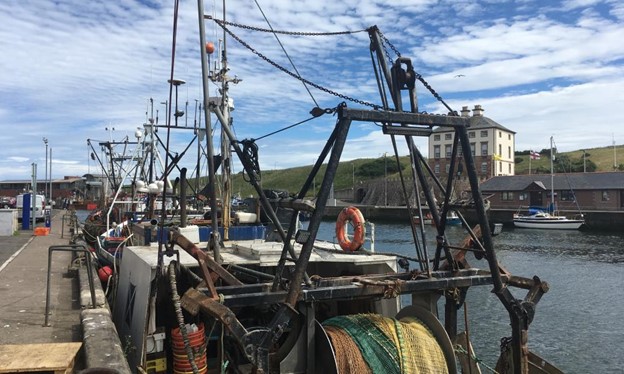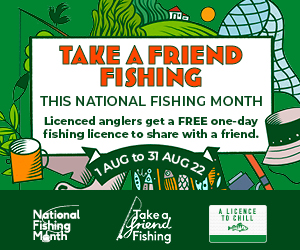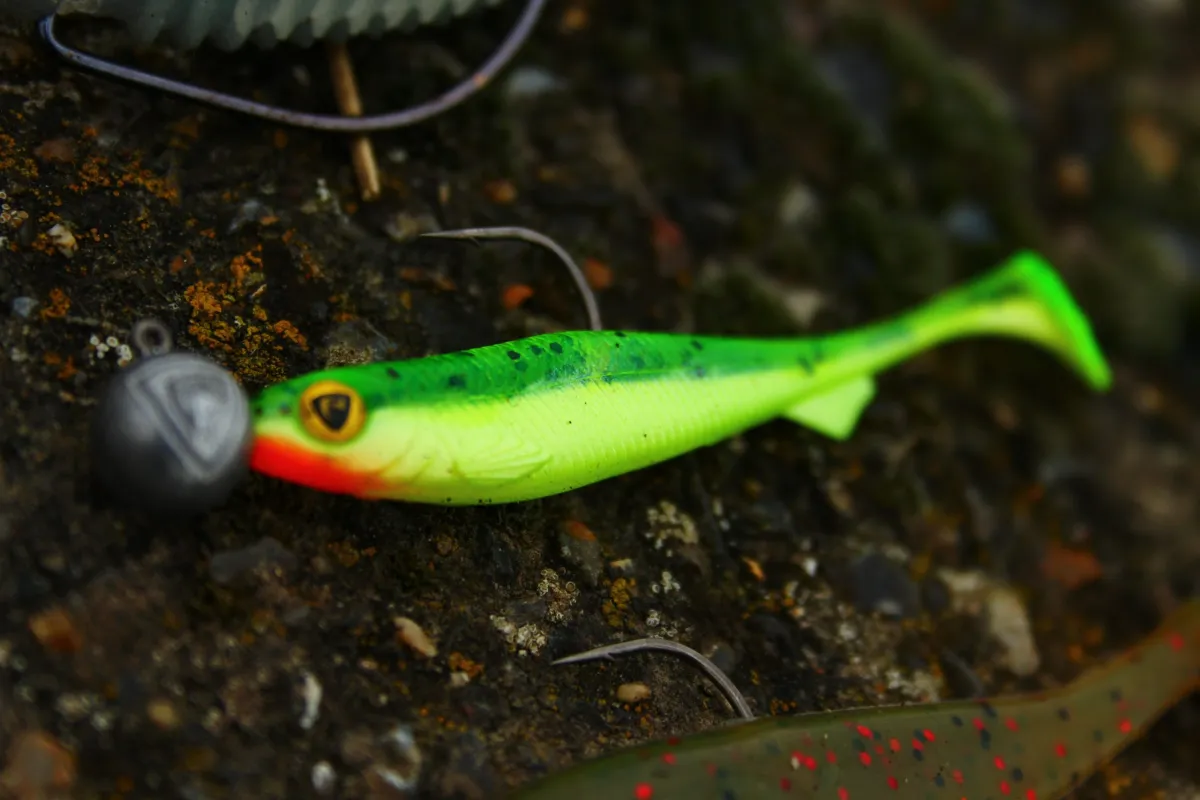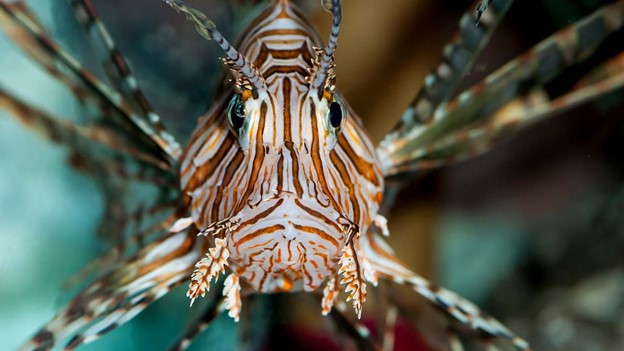
This article sheds light on how Scotland may have a pivotal role in creating climate-smart fisheries
Our globe is currently facing severe climatic issues. Greenhouse gas (GHG) emissions contribute primarily to global warming. According to WWF (World Wide Fund for Nature), the polar ice caps are melting at a drastic rate of around 13% per decade. Furthermore, the oldest and thickest ice in the Arctic has reduced by 95% in the past three decades [1].
A significant chunk of GHG emissions comes from the industrial sector, and fisheries are no exception. A recent report by the WWF, the Marine Conservation Society, and the RSPB revealed that the UK fisheries emit the same amount of Carbon dioxide (CO2) equivalent to 110 000 homes each year.
The report also urges the fisheries to limit the use of ‘bottom towed’ fishing gear because it disrupts the carbon captured on the seabed and the marine life.
The methods like dredging and bottom trawling are believed to have detrimental effects on the blue carbon that is stored on the seabed, as both the methods mentioned above require dragging the fishing gear on the sea floor.
Due to the dragging, the blue carbon deposits resting on the seafloor are dispersed into the sea. The carbon then returns to our atmosphere and causes harm.
According to experts, Scotland’s aquatic environment has more carbon deposits than land, such as forestry and soils. Indeed, the disruption of blue carbon deposits on the seafloor is not the only thing contributing to GHG emissions. The boats also require fossil fuels to run, which also increase GHG emissions and cause environmental degradation.
Scotland can play a significant role in creating Climate-Smart Fisheries! Read the complete article to learn more!
According to the report, over 50% of the UK fishing fleet vessels are around 30 years old, and the vast majority are powered by fossil fuels, and – based on UK fishing vessel activity data – UK fisheries are estimated to have emitted 914.4. kilotons of CO2 over a 1-year period, the same as providing the annual energy use of over 110,000 homes.
Until now, fisheries have been largely ignored in climate negotiations, but in the wake of the recent IPCC report, and ahead of the COP26 climate summit coming to Glasgow in November, the conservation organisations are calling on all governments to show global leadership and put the sector on a sustainable footing by adopting a ‘climate-smart’ strategy.
This includes:
- Limiting bottom towed fishing gear to protect blue carbon within current MPAs and in key areas outside of MPAs.
- Working to decarbonise the UK fleet including removing fuel subsidies and eliminating inefficient fleet structures.
- Mandate Remote Electronic Monitoring (REM) with cameras and Vessel Monitoring Systems (VMS) across all vessels fishing in UK waters to deliver increased transparency and traceability across the fishing sector to improve stock health and increase biomass.
Mario Ray, Policy and Public Affairs Officer at WWF Scotland said:
“This report makes clear governments across all four nations must help UK fisheries to re-think practices and modernise to meet the challenge of climate change and achieving net zero.”
Alex Kinninmonth, Head of Marine Policy at RSPB Scotland said:
“The nature and climate emergency is threatening life above and below the waves right here in Scotland. Every industry must now play a part in driving the rapid decarbonisation and restoration of nature needed to avoid climate breakdown.
The complete article is available for reading on the link below:
https://www.wwf.org.uk/updates/scotland-key-role-play-creating-climate-smart-fisheries










